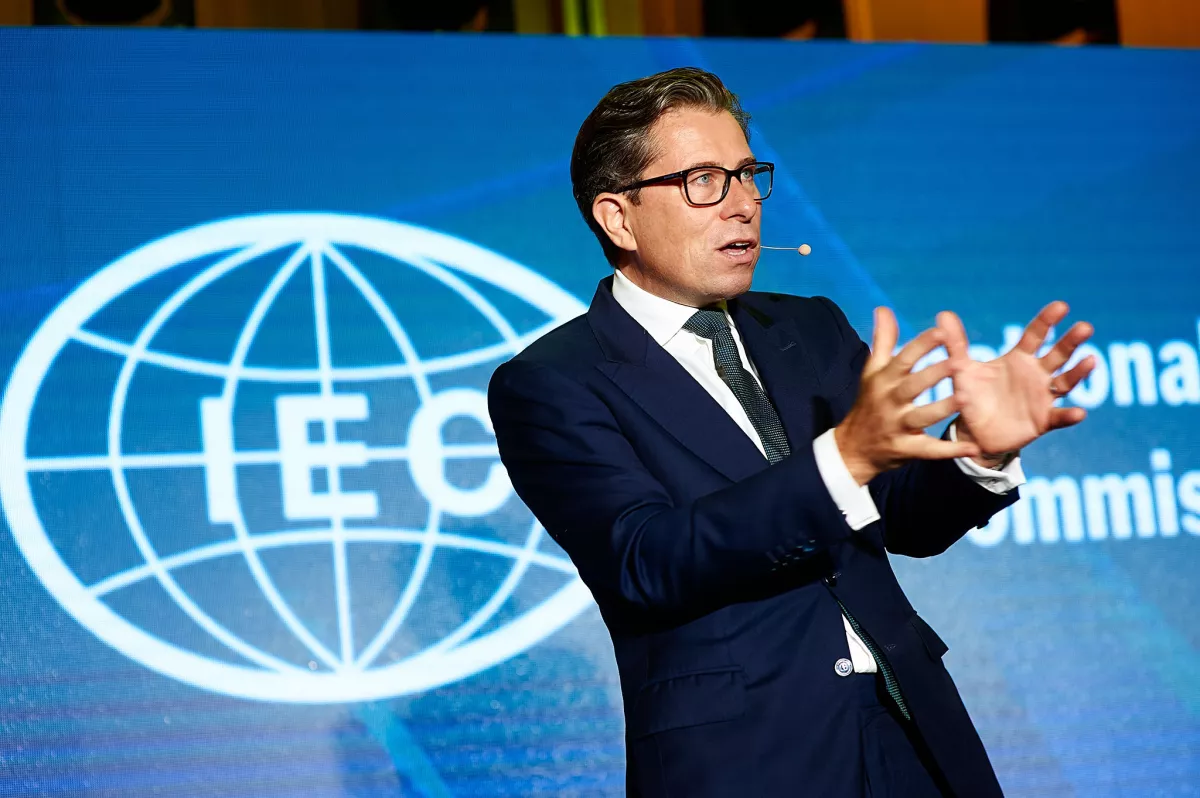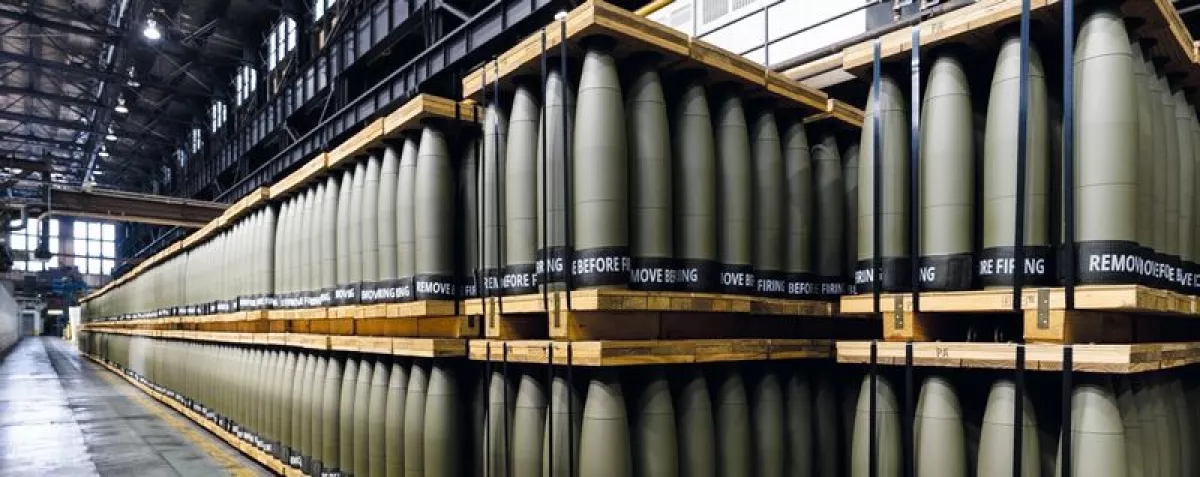Era of progress or degeneration? Reflections on humanity’s paradox
What is happening to the world? Where is humanity disappearing? A paradoxical situation is unfolding in the reality around us. It feels as though we are no longer living in the 21st century. Wars follow one after another, entire cities and regions are wiped off the face of the earth. Unmotivated death — not of one person, not of dozens, or even hundreds, but thousands — no longer shocks us, becoming almost a familiar phenomenon.
Yet the paradox of today’s reality lies not only in this. Amidst terrifying events, humanity continues to make groundbreaking discoveries of planetary significance, demonstrating unprecedented progress. To avoid sounding unfounded, let us look at a few examples.

This month, the British company Shadow Robot announced its intention to create a “universal assistant” robot capable of performing any household task and caring for people.
In October of this year, the New England Journal of Medicine published the results of a study reporting the development of an implant that enables blind patients to read again.
In the same month, specialists achieved a breakthrough in studying the brain of a fly, paving the way for a deeper understanding of the workings of the human mind — a genuine leap in the exploration of the brain’s structure.
A little earlier, scientists from the United States and Europe, using gene therapy, succeeded for the first time in slowing the progression of the incurable Huntington’s disease by a factor of four — effectively granting patients several additional decades of normal life.
The 2025 Nobel laureates in physics have transformed the very concept of boundaries between the classical and quantum worlds.
The laureates in chemistry — the developers of metal-organic frameworks — have opened the door to innovations in energy, air and water purification, the creation of advanced fuel cells, and “smart” molecules.
Even these few examples confirm that we are living in a truly unique era — especially when we add to them the astounding possibilities offered by artificial intelligence. Yet alongside these achievements lies an entirely different, darker side of reality.

According to UN data, in 2024 alone, more than 36,000 civilians were killed in 14 armed conflicts across the world. In May 2025, the number of forcibly displaced persons reached a record 122 million. The same report documented instances of torture and inhumane treatment, as well as attacks on civilian infrastructure, leading to disruptions in electricity and water supplies, and the collapse of healthcare, education, and essential life-support systems. Millions of people have been deprived of the most basic conditions for survival.
The World Health Organization (WHO) reported attacks on patients and medical transport, leaving millions of wounded and ill people without assistance.

According to UN Deputy Secretary-General Tom Fletcher, the international community is “witnessing, therefore, an unravelling of the protection of civilians and respect for international humanitarian law,” while some states interpret the law selectively, justifying mass casualties through loosely defined notions of military necessity and proportionality of harm.
The UN Global Report on Food Crises (May 2025) noted that by the end of 2024, nearly 300 million people in 53 countries and territories were on the brink of survival, with an additional 1.9 million approaching catastrophic levels of hunger.
Furthermore, the UN-supported report “Drought Hotspots Around the World 2023-2025” (July 2025) stated that due to climate change and the increasing strain on land and water resources, humanity is now facing the most extensive and destructive droughts in recorded history.
On 15 October 2025, the International Union for Conservation of Nature (IUCN) presented its updated Red List of Threatened Species at the World Conservation Congress in the UAE. Since 2023, the list has grown by another 4,000 entries. Nearly 48,600 rare species of plants and animals are now at risk of extinction, while six species have been officially declared extinct.
Even these few but alarming figures are enough to make one wonder: how can astonishing discoveries created for the benefit of humanity coexist with the deliberate destruction of life on our planet? After all, the creators of both are human.
Who or what is hindering progress?

In the view of many, the root of these destructive decisions lies in the interests of the so-called “hawks.” According to open sources, in 2024 alone, the global export and import of conventional weapons reached nearly $112 billion — the highest figure in recent decades. Moreover, as Fletcher noted, artificial intelligence is already being used to select military targets, raising serious concerns about compliance with international law and the growing “erosion of human control.”
In other words, humanity is destroying itself with its own hands. If wars continue, they may engulf the entire planet, turning the world into a battlefield where “everyone fights against everyone.” The damage inflicted on nature will spare no one — regardless of where they live.
This leads to the central question: Do we truly need scientific discoveries if some of them are used not for progress but for selfish ends? If technology is directed not toward creation but toward destruction — of new species of animals and plants, of natural wealth, and ultimately, of humanity itself?








